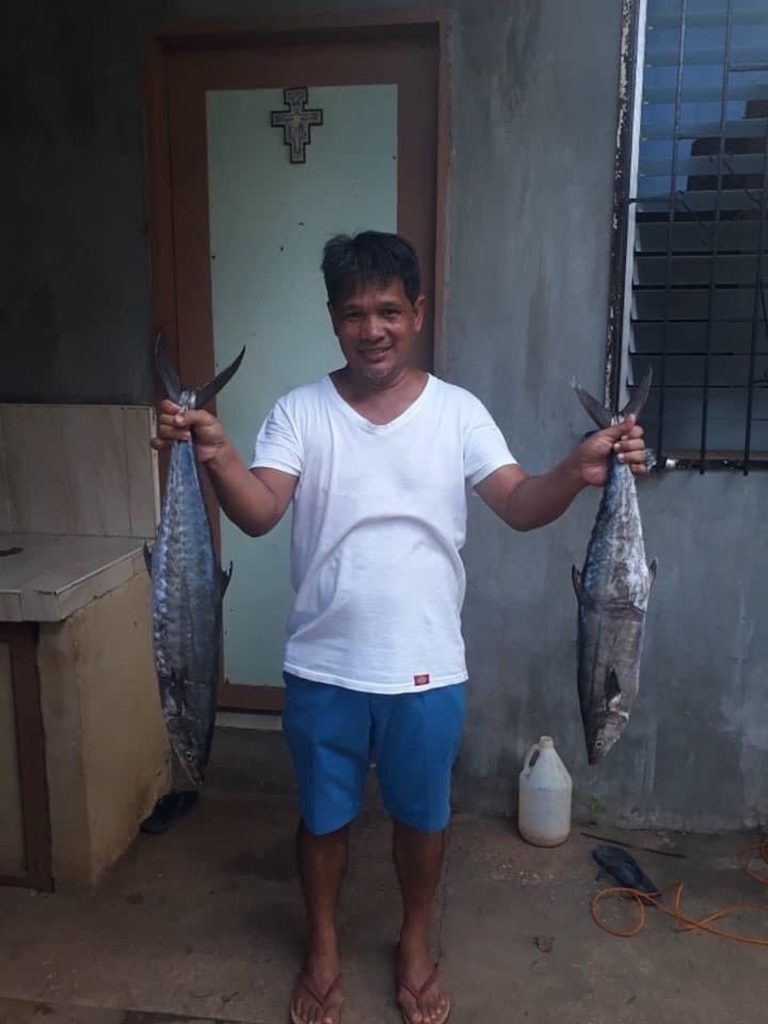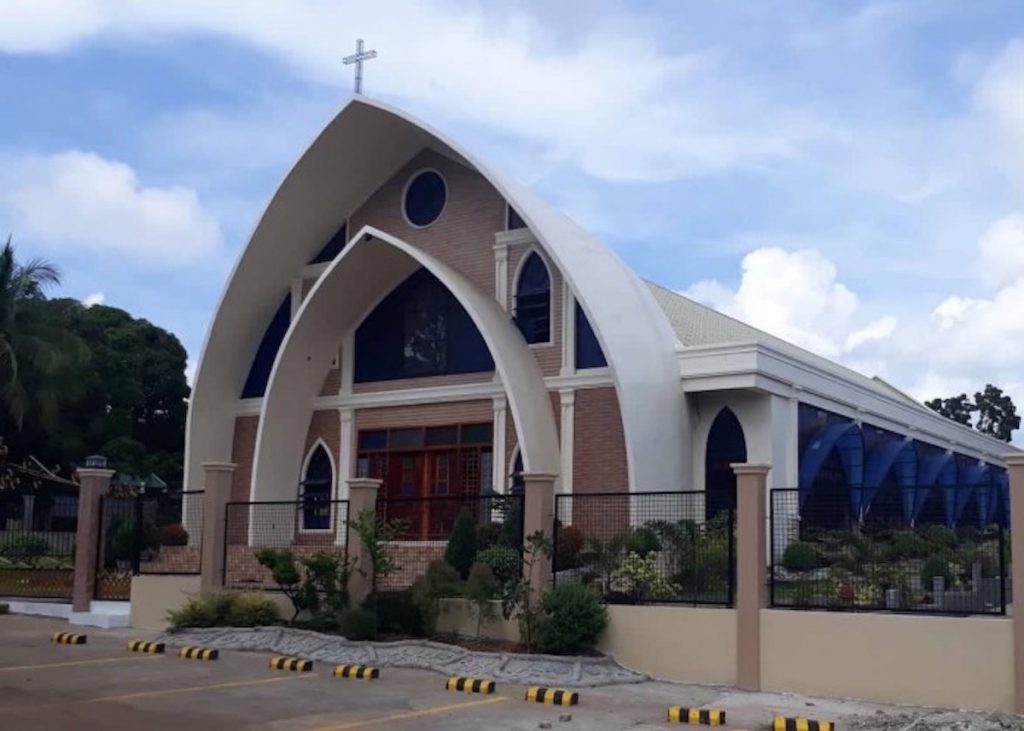He sold fish to help parishioner build their church a few years ago. Now, he’s doing it again. This time to help the poorest of the poor in his parish.
The pastor of San Antonio de Padua parish in the village of Santa Clara in the southern Philippine island of Basilan is selling fish.
The poor people of Basilan, most of whom are Muslim fishermen and farmers, have been badly affected by the lockdown in nearby areas due to the coronavirus pandemic.
They could not sell goods and buy supplies in nearby Zamboanga City, across the sea.
“If there are no goods flowing in from Zamboanga, how are we supposed to eat?” said Father Joel Silagpo, a parish priest in the predominantly Muslim island.
Through the cooperation of residents, the parish of Santa Clara was able to provide relief goods to the poorest of the poor in town.
“We were able to give out two cycles of relief packs,” said the priest. “But there seems to be no end to the crisis yet,” he said.
Father Silagpo was worried that the parish might not be able to provide for the people.
The he saw that the stall he built outside the parish compound to sell fish a few years back was still standing.
“Why not sell fish again?” he said to himself. “I did it once. Why not do it again?” he said.
In 2017, with only about US$2,000 on hand, the priest dreamt of building a church to replace the wooden structure that was built in 1980.
A new church, however, would cost the parish about US$180,000.

“It was next to impossible,” said the priest. The parish applied for a grant, but still it was not enough.
Then the priest had an idea. Why not sell fish? People, including members of the parish council, laughed at the idea.
“A priest selling fish like an ordinary man?” people said.
“But I told them, I can sacrifice for the church because our church is dilapidated,” Father Silagpo told the people. He said he had to do it or the workers will not get paid.
The parish leaders allowed the priest to borrow about US$120 as capital for his fish business.
“I bought a large blue marlin and asked one of the parish personnel to take my photo and post it on social media,” recalled Father Silagpo.
The photo went viral and, people started going to the church to buy fish and the priest started receiving donations even from outside the country.
After a week, father Silagpo was able to pay back the capital. He was already earning up to US$70 a day. After a month, he was able to raise about US$400.
Two years after, the faithful’s dream to have a new church became a reality.
“I then stopped selling fish. I feel that continuing so would be unfair to the other fish vendors,” he said.
With the pandemic, however, Father Silagpo was forced to go back to selling.
“The crisis might bring about a culture of dependence on donations, so I challenge the people to be resourceful,” he said.

He started planting vegetables with residents, slowly filling vacant lots with plants. And of course, he went back to becoming a fish vendor.
“It is a decent job,” said Father Silagpo. “The smell and the hardship are nothing compared to the fulfillment of the cause,” he said.
For three days a week, the priest hires a motorized trike to travel 32 km to a port on the other side of the island to buy fish from his Muslim friend, Ali, who gives the priest a “good price.”
“Ali does not know why I am selling fish. I have yet to tell him. But whenever he gives me a special price for the fish, he is also helping other people,” he said.
The priest admits he is enjoying what he is doing, including his friendship with the Muslims.
One time, a Muslim woman approached him and told him that it was the first time that a Christian “entered their world.”
“Frankly, we can’t deny Christian biases against Muslims on the island,” said Father Silagpo. He said some Christians would not even accept food offered by Muslims.
The priest said that with his fish vending activity, he was able to form a “special relationship” with the Muslim community.
“We don’t talk about religion, about God, about heaven or hell. We play basketball and talk about life, our profits and occasional losses,” he said.
“I am grateful for the friendship we have invested through fish vending. I think I have more real Muslim friends than Christian ones,” he said.
In the fish market, the priest would buy coffee and bread for the vendors, and sometimes would hand them relief packs. The Muslims would give the priest lunch in exchange.
“Who would have known that through selling fish I would be able to break barriers and enter into inter-religious dialogue with the Muslims,” said Father Silagpo.






